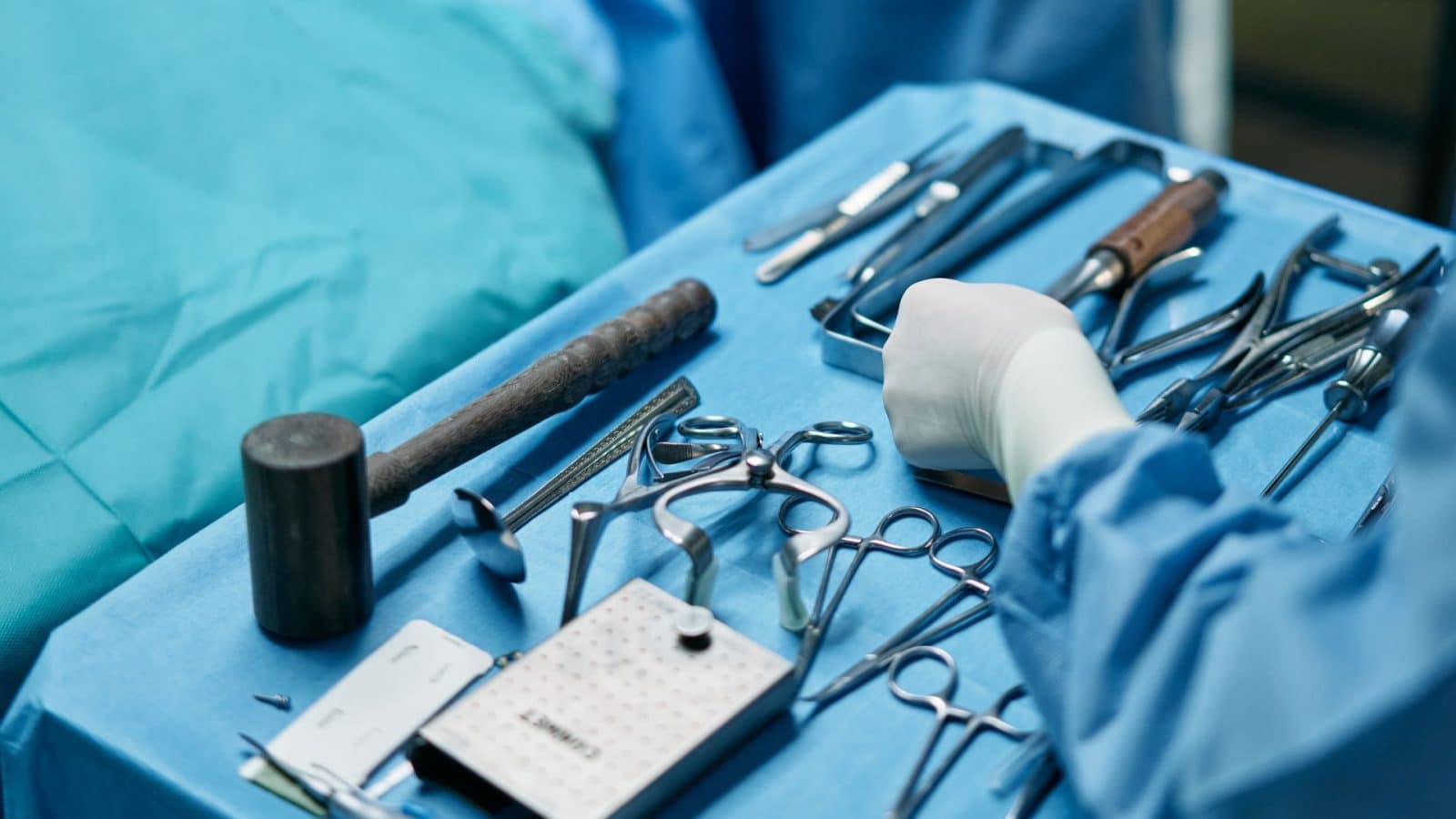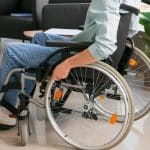In the fast-paced world of medicine, the focus is often on high-tech equipment, breakthrough treatments, and cutting-edge research. However, there’s a silent hero in the background who quietly supports the backbone of healthcare—ergonomic medical tools. This post sheds light on why these seemingly mundane devices are crucial to the physical well-being of healthcare professionals and the improvement of patient care. Read on to learn the importance of ergonomic medical tools.
A Comfortable Tool, A Better Day for the Healer
Imagine a doctor performing surgery with scissors that strain the hand and wrist or a nurse using a stethoscope that impedes their hearing. These vignettes are not just anecdotes; they represent the reality of many healthcare practitioners. Ergonomic tools are the precursors of relief, reducing strain and discomfort and, consequently, increasing focus and precision.
For instance, specialized, ergonomically designed lab scissors come with soft grip handles and adjustable tension settings. These features guarantee pain-free precision for surgeons and an unencumbered incisive assessment for nurses and practitioners.
The Ripple Effect on Patient Care
The benefits of ergonomic tools extend beyond the well-being of healthcare professionals; they have a noticeable impact on patient care. Think of a patient who undergoes a blood test from a phlebotomist with a shaky hand due to fatigue or discomfort.
Professionals can mitigate such scenarios with ergonomic needle holders and vein locators, enhancing not just the ease of the procedure for the medical professional but also the overall experience and outcome for the patient. The comfort of a provider translates into the comfort of a patient and fosters an environment where empathy and care can be effectively communicated without the barrier of personal discomfort.
Preparing the Next Generation of Healthcare
To prepare for the future of healthcare, medical education must start integrating the importance of ergonomics for budding professionals. This means not just teaching the foundations of ergonomic principles but also providing them with practical experiences using ergonomic tools from the onset of their training. This early intervention is crucial as it establishes healthy practices that reach into clinics and operating rooms, ultimately reflecting in a workforce that is knowledgeable and conscientious of its long-term health.
For medical professionals looking to update their toolkits, knowing where to get your medical supplies is the first step toward an ergonomic practice. With a myriad of sources available, it’s essential to not just focus on the acquisition of tools but also on the quality and ergonomic features they offer. Opting for suppliers who value the well-being of professionals as much as the functionality of their tools can make all the difference.
Remember, the tools you choose today are the allies in precision, comfort, and care throughout your medical career. Never forget the importance of ergonomic medical tools throughout all of healthcare.















